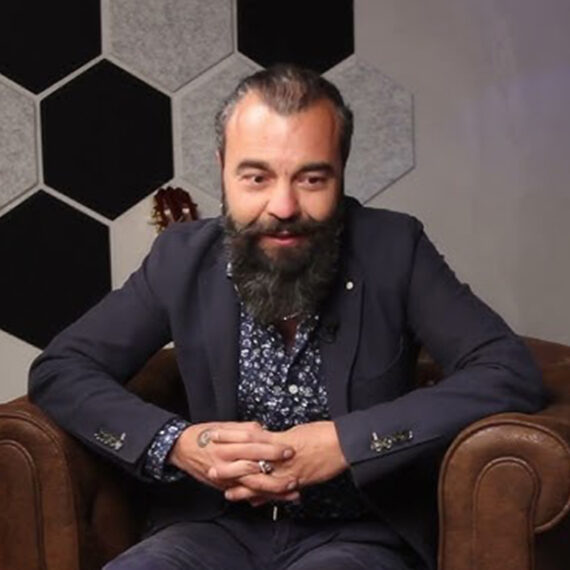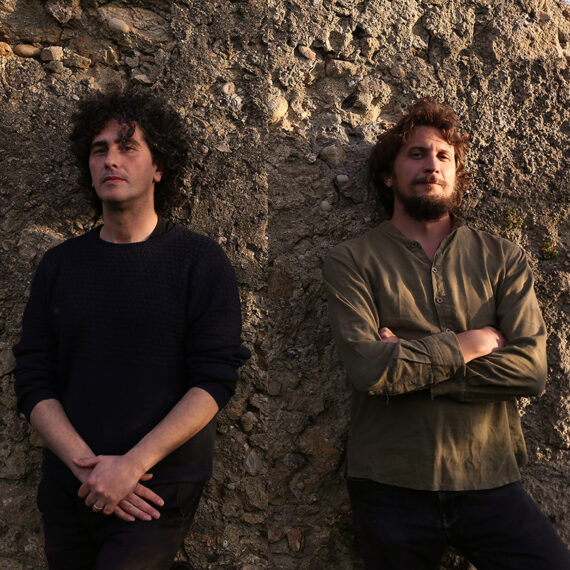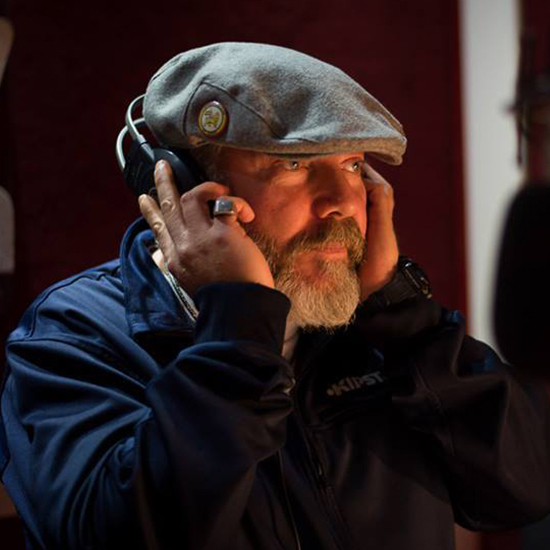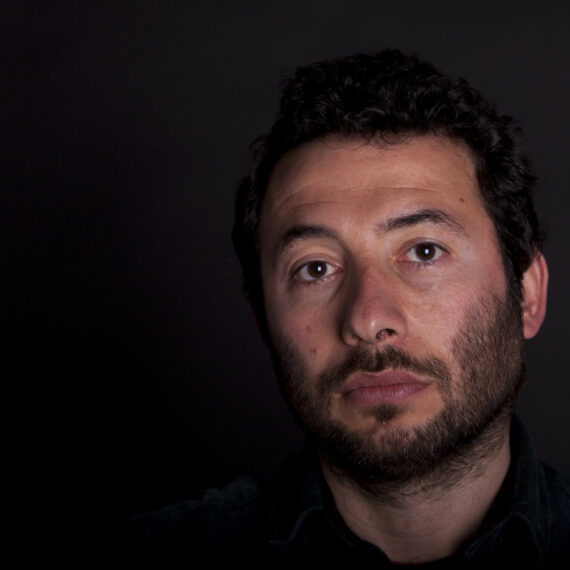Sonu Bandido
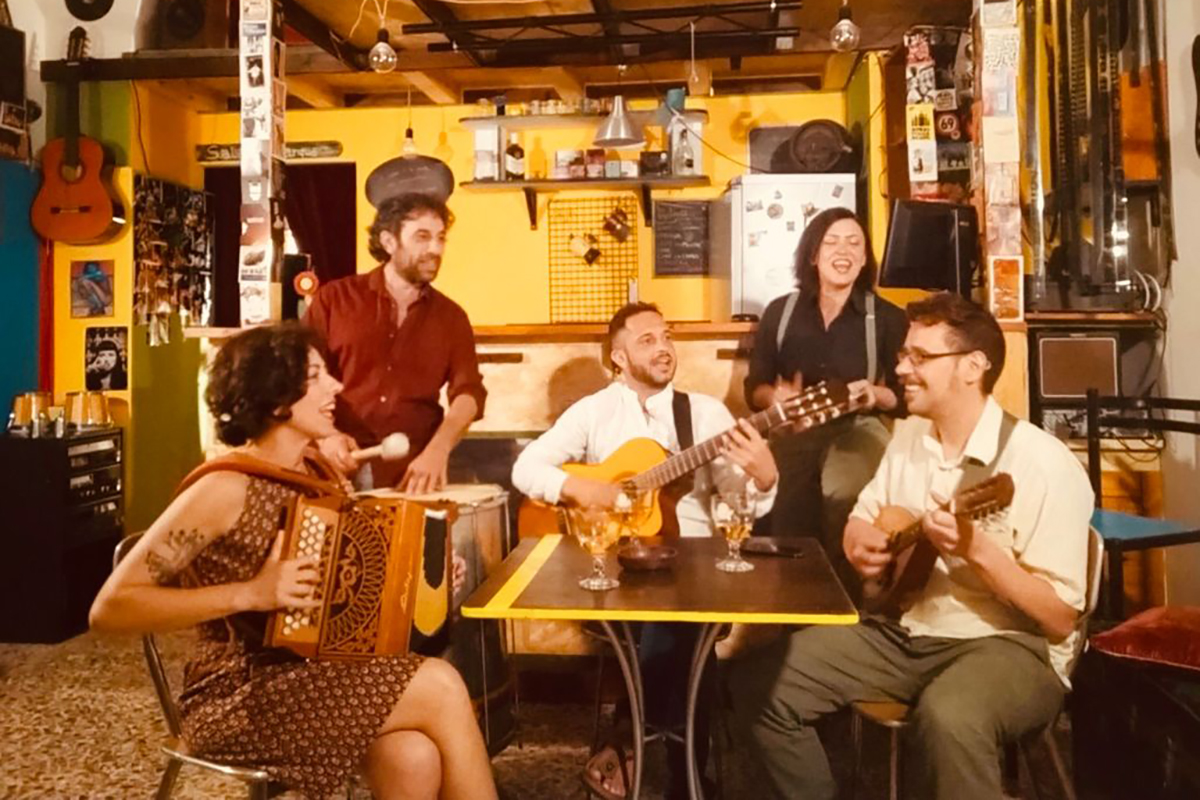
Manola Micalizzi Voice and Brazilian percussion
Simona Di Gregorio Voice and organetto (small accordion)
Pasqualino Cacciola Mandolin, banjolino, Sicilian tamburello
Cristian Ferlito 7-string guitar, cavaquinho
Alessandro Baldi Classical guitar
Salvatore Assenza Clarinet
Marcello Leanza Flute
Alessandro Calì Brazilian percussion
Serena Giordano Brazilian percussion
Sonu Bandido’s project aims to reunite music that has been separated for a long time. In the 19th century, similar dance forms were widespread across Europe and its colonies, present in both royal courts and popular festivities: polkas, mazurkas, waltzes, and contra dances spread across continents, maintaining common characteristics over decades and developing their own peculiarities based on the preferences of different communities. For example, the polka in Brazil encountered African rhythms and transformed into “choro.” Some instruments, like the mandolin and accordion, are used in both Sicily and Brazil, while others, such as the Sicilian tamburello and Brazilian pandeiro, took on different forms and techniques. Some instruments are unique to one tradition, like the flute in Brazil or the cane or brass flutes in Sicily.
The final result is that, particularly due to the dissemination of magazines, this musical tradition has been reshuffled multiple times. Continuing to shuffle it seems like a good way to have fun and remember how humanity cannot live without meeting and exchanging ideas, and especially without playing and dancing.
The project features a variable lineup, resembling a choro circle or a small barbershop orchestra, allowing for the interchange or addition of instruments and musicians to a base formation of five elements.
The repertoire includes pieces by Jacob do Bandolim, Waldir Azevedo, Pixinguinha, Luiz Gonzaga, Giovanni Gioviale, Antonino Montecassino, Santo “Pani Schittu,” and traditional pieces by unknown authors.

